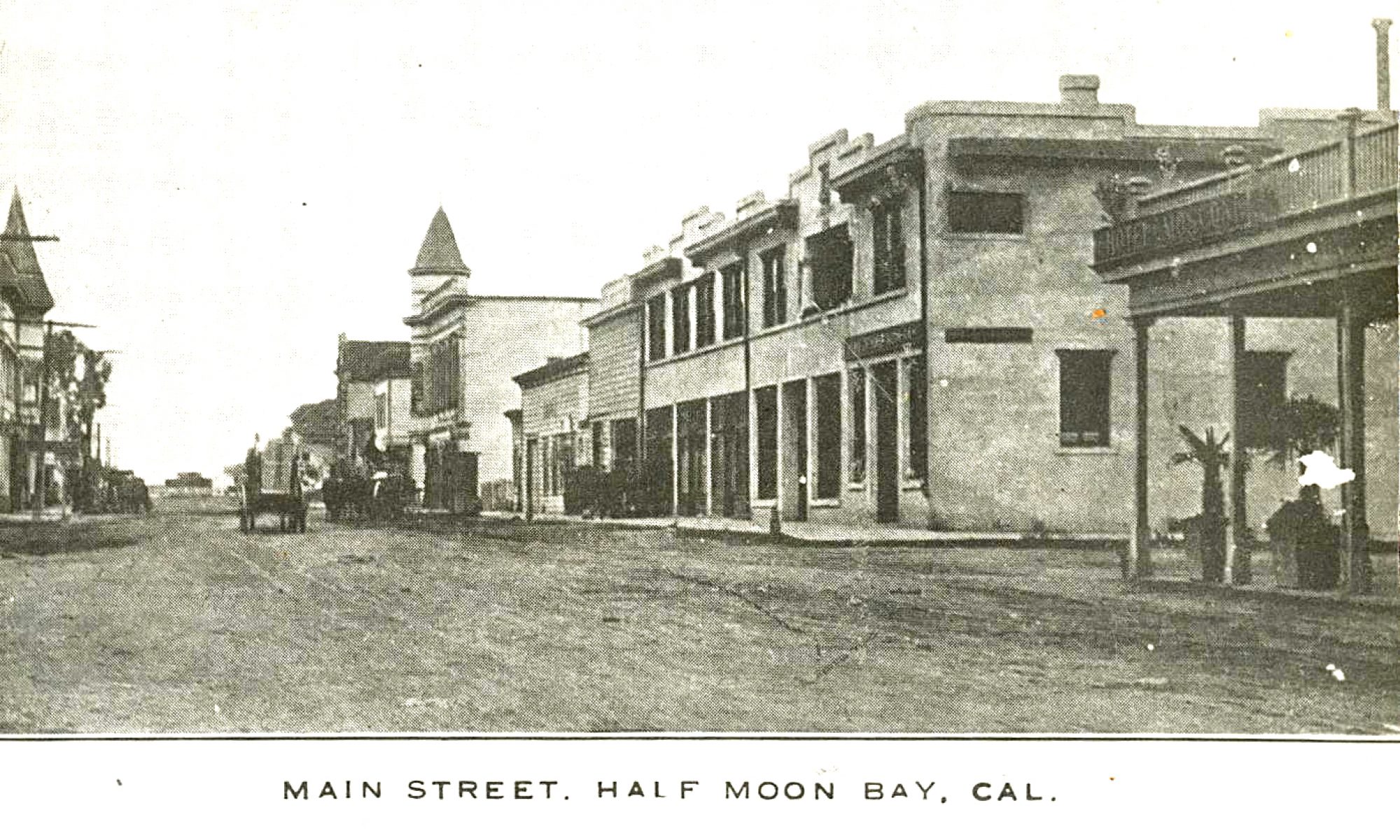Norman Mailer died today, the 10th of November, 2007.
I was a great fan of his and got to meet him in Houston in 1992 at the Republican Convention. It was serendipity, my being in Houston and meeting Norman Mailer at a National Review reception.
(I was neither a Republican nor a reader of National Review.)
I was with Burt Blumert and Murray Rothbardâ the world class economist, historian, political theoretician and the most important writer on human liberty. Our host had been officially invited to the party and brought us along–Burt and Murray were NOT on the National Review invitation list.
There were several moments I still warmly rememberâ¦walking into the cloakroom to hang up a coat, Burt and Murray with me. In walked the political journalist Michael Kinsley, wearing a backpack, followed seconds later by conservative columnist George Will. If you follow politics, you will know that Kinsley and Will are powerful opinion-makers.
They both recognized Murray Rothbard, with Kinsley first saying, âSo youâre the one who started it all.â? He said this because Murray, a prolific writer (Burt and I used to anxiously await faxes to arrive at our home from Murray, usually very late at nightâ¦long, funny, common sense pieces of writing on every subject imaginableâbut especially focusing on the folly of the human condition.)
Murrayâs writings were changing the conventional debate, moving the line in the sand, broadening the discussionââ?forcingâ? the opinion makers to talk about things they didnât want to talk about.
George Will walked into the cloakroom behind Kinsleyâ instantly recognized Professor Rothbard and began reciting, word-for-word, one of his economic treatises. A work he recalled from his college days at Yale. Amazing!
It was just the five of us in that cloakroom: Our host, me, Burt, Murray, Kinsley and Will.
We left the cloakroom and entered the bustling main party–just a big room with many people sipping cocktails, talking animatedly. Over there we saw Bill Bennett, a potential presidential candidate at the time, working the room, his political entourage buzzing around him.
And then we saw the icon—the great Norman Mailer, a bit shorter than I thought…and I became giddy as a groupie in the presence of a rock star because, as a writer myself he meant more than words to me–one of the greatest American novelists was in the room–standing several feet away from us.
Burt said, “Come, let me introduce you to this idol of yours, June.” He sort of half-dragged me towards the author and suddenly we were standing with Norman Mailer. Beside him and chatting as if he were a regular person. He said he was covering the convention for Vanity Fair magazine. (Afterward, I looked for the story but never saw it.)
Burt said jokingly, “Mr. Mailer, it is well known that you are one of the world’s greatest authorities on the subject of women. Give me some wisdom on this mysterious topic.” (Mailer had six wives.)
Norman Mailer leaned over and in a loud whisper said: “In dealing with women, remember to never tell the whole story.”

